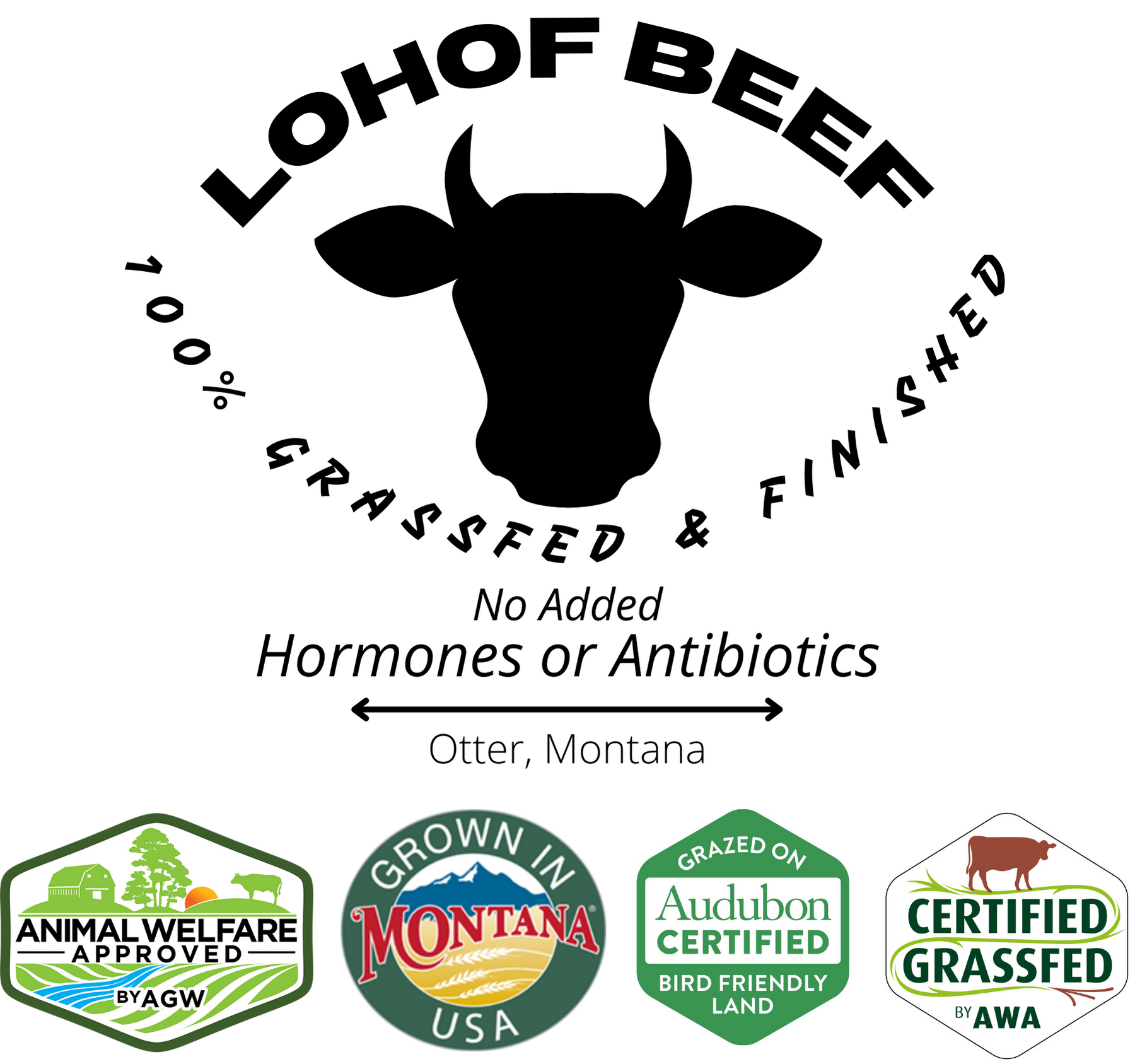October 21, 2021 @ 11:30 am - 3:00 pm
There remains much scientific uncertainty around why a subset of plant species moved across biogeographical barriers and rapidly spread unaided into new plant communities. This slow-moving ecological wildfire can reduce biological diversity, shift species composition, and dramatically alter disturbance regimes – essentially changing how ecosystems function. Non-native plants present land managers with a complex set of ecological and socioeconomic challenges that rise well above simple weed control programs. We will explore why invasive plants induce such impacts, what research tells us about their management, and how Wyoming is approaching this daunting resource challenge from a landscape-scale perspective.
 Seating is limited!
Seating is limited!
Tickets to the event are $50 per person and include a Chuck Roast dinner featuring locally sourced Lohof Grass-Finished Beef, brined and slow roasted with a sachet of herbs picked from our raised beds served with carrots, potatoes, mirepoix, and house-made cornbread with organic honey. For dessert, luscious chocolate cake with berry compote and Chantilly. Beer or wine pairing included with dinner.
There will also be a cash bar available.
Thank you to our event sponsor!

Brian Mealor
Dr. Brian A. Mealor is an Associate Professor in the Department of Plant Sciences the Director of the University of Wyoming’s Research and Extension Center in Sheridan and the Institute for Managing Annual Grasses Invading Natural Ecosystems. His research, teaching, and outreach programs focus on understanding the long-term impacts of exotic plant invasion and on restoring rangeland ecosystems negatively impacted by invasive plants. Prior to his faculty appointment at the University of Wyoming, he was the Director of Stewardship for The Nature Conservancy in Wyoming. His professional service includes president of the Wyoming section Society for Range Management (SRM), Chair of the international SRM’s rangeland invasive species committee, and Research Chair of the Western Society of Weed Science. He was a member of Governor Gordon’s Invasive Species Initiative Task Force and the Western Governors Association’s Cheatgrass Working Group that developed the toolkit for managing invasive annual grasses in the Western U.S. He received the outstanding young range professional award from SRM in 2013, the outstanding early career weed scientist by the Western Society of Weed Science in 2015, the Harold Alley award for service to Wyoming Weed and Pest in 2015, and the Rangeland Professional Award from the Wyoming Stock Growers Association in 2019. Brian and his wife, Rachel, enjoy being outdoors with their four sons: Bracken, Grady, Sawyer, and Weston.

